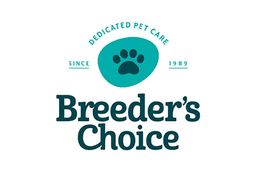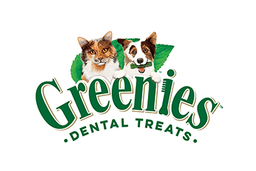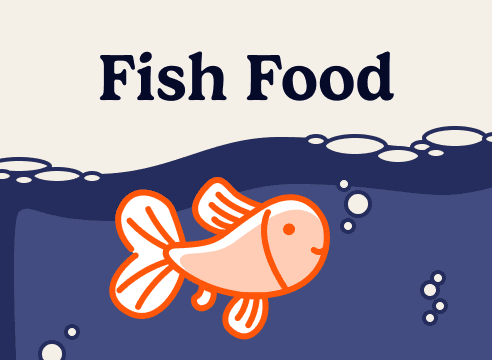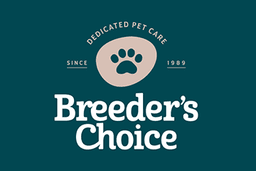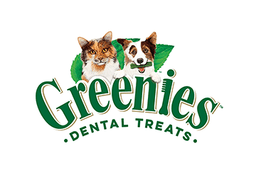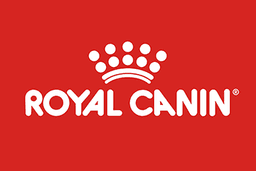Pet Alternatives to Dogs and Cats

Will owning a cat or dog be tricky? Here are our top pet alternatives
Are the kids begging for a dog – but you have no space to house one?Or perhaps your cat-caring instincts are kicking in – but all you can think about is the cost?
Yes, these fur babies are the most common Australian pets. But no, it doesn’t mean they’re your only options. There are plenty of other creatures in need of a loving pet parent.
So if you’re thinking, ‘What pet should I get?’, delve into the best pet alternatives to cats and dogs.
Fish
Affordable and low-maintenance, fish are a fin-omenal option – for you and the kids!
Although they may not be as cuddly as a curled-up cat or as playful as a puppy, fish are scientifically proven to reduce owner stress. After all – who better than Goldy the Goldfish to remind you to just keep swimming?
And if you’re fishing for compliments from your friends and family, a mini home aquarium is a stunning feature for your home.
Lifespan: Around 2–5 years. But some goldfish hit the ripe old age of 20.
Diet: Most pet fish only need small amounts of fish flakes or small live food like worms. You can browse our collection for a wide range of fish food.
Maintenance: Fish are fairly low maintenance, but you will need to regularly clean their tank and ensure their water is pH balanced.
Axolotls
Bet you’ve never heard of these exotic pets before. They’re adorable little aquatic animals!
Harmless and gentle, you and your family will fall in love with these exotic axolotls at first sight.
And if you need to relax-olotl, watching these cutie pies swim around the fish tank will calm your mind and fill your heart with joy!
Lifespan: 10–15 years.
Diet: Worms, insects, crustaceans and some small species of fish.
Maintenance: Axolotls are low maintenance, but they do require a very specific water temperature and quality to thrive.
Turtles
Each with their own unique character, you’ll be shell-shocked with the amusing antics these slow movers can get up to during the day!
Entertaining and gentle, turtles are the perfect addition to any family environment. But remember to check for licensing conditions in your state before welcoming them home.
Lifespan: Turtles can live for well over 25 years.
Diet: Fresh green produce, feeder fish, worms and pellets.
Maintenance: Like most creatures, turtles need the right temperature, lighting and water filtration system to flourish. And they’ll need enough enclosure space to really stretch those stumpy loins.
Hermit crabs
Whoever said crustaceans can’t be cute has clearly never seen a hermit crab.
Affectionately nicknamed ‘crazy crabs’, hermit crabs are instinctively inquisitive and social – so they’ll be just as excited to meet you as you are to meet them!
They do very well when kept with familiar hermit friends. But take caution when introducing two new hermits – they might get a bit crabby.
Lifespan: Up to 10–15 years.
Diet: Pellets, fruits and vegetables.
Maintenance: Hermit crabs require 75–90% humidity and are extremely sensitive to metal. They’re ideally kept in a terrarium, but make sure any artificial decor is made of plastic or glass.
Bearded dragons
Aptly named after the rough skin hanging from their throats that resembles a beard, these dragons aren’t as scary as they look.
Gentle and even-tempered, bearded dragons don’t mind being handled. But always make sure to wash your hands before and after touching them.
And, like turtles, double check the licensing conditions in your state before bringing a Beardie home!
Lifespan: 10–15 years.
Diet: Live insects and vegetables.
Maintenance: Bearded dragons require a warm, dry habitat. The ideal enclosure set up is one hot side, one cold side. So when they start getting hot under the beard, they can cool down.
Stick insects
When live insects are friends, not food (sorry, Beardie), stick insects make for fascinating pets. Why? Because these creepy-crawlies can camouflage!
With every continent but Antarctica having their own species, stick insects are creatures of the world. You really are spoilt for choice.
Some are easier to care for than others. So make sure you learn the different types and their challenges before committing to a stick.
Lifespan: Around 18 months.
Diet: As long as they have a fresh supply of leaves, they’re happy. Although, gum and wattle leaves are a crowd favourite.
Maintenance: Stick insects are very comfortable in a terrarium, but the specific temperature and humidity requirements depend on the species of stick insect you have. And remember: they moult once a month!
Rabbits
With beauty and brains, rabbits can be trained just like a cat or a dog – they can even learn to walk on a lead! And with their super-soft fur, they are good pets for kids to cuddle up to!
But proceed with caution. These fluff balls are rabbits by name, and runners by nature. So to ensure the ‘forever’ in BFF, you’ll need to make sure you have a secure enclosure.
Lifespan: 5–12 years depending on the breed.
Diet: Mostly hay, and a small amount of fresh veg and pellets.
Maintenance: A hutch is not a home. While rabbits do need an enclosure for sleep and safety, they also need space to exercise and socialise – preferably with other rabbits! (Hint: You may need two bunnies!)
Budgies
If you’re not a fan of the silent tweet-ment, a budgie may be the pet for you. These little songbirds love to give their vocal cords a workout – especially when they’re happy!
And did you know that budgies are practically hypoallergenic? So if your allergies are keeping you from a four-legged friend, this is an itch-free, sneeze-free option.
If your budgie is flying solo, it may develop loneliness and depression. So try to get your budgie a bestie.
Lifespan: Up to 10 years.
Diet: About 60–80% pellets and complete food – with fruit, veg, nuts and seeds making up the remainder.
Maintenance: Make sure the cage is big enough for your birds to fly freely, and you clean it weekly. And while you’re at it, put a bowl of water in the cage so the birds can bathe.
Pet rocks
If it’s loyalty you’re after, a pet rock would never take you for granite. In the wild, rocks are known for their stability, so support is deeply engrained in their nature.
Affordable, low-maintenance, clean – not to mention their sedimental value – these are the easiest pets to look after.
Lifespan: Thousands of millennia, give or take.
Diet: Oxygen.
Maintenance: If you’re happy, the rock’s happy.


















